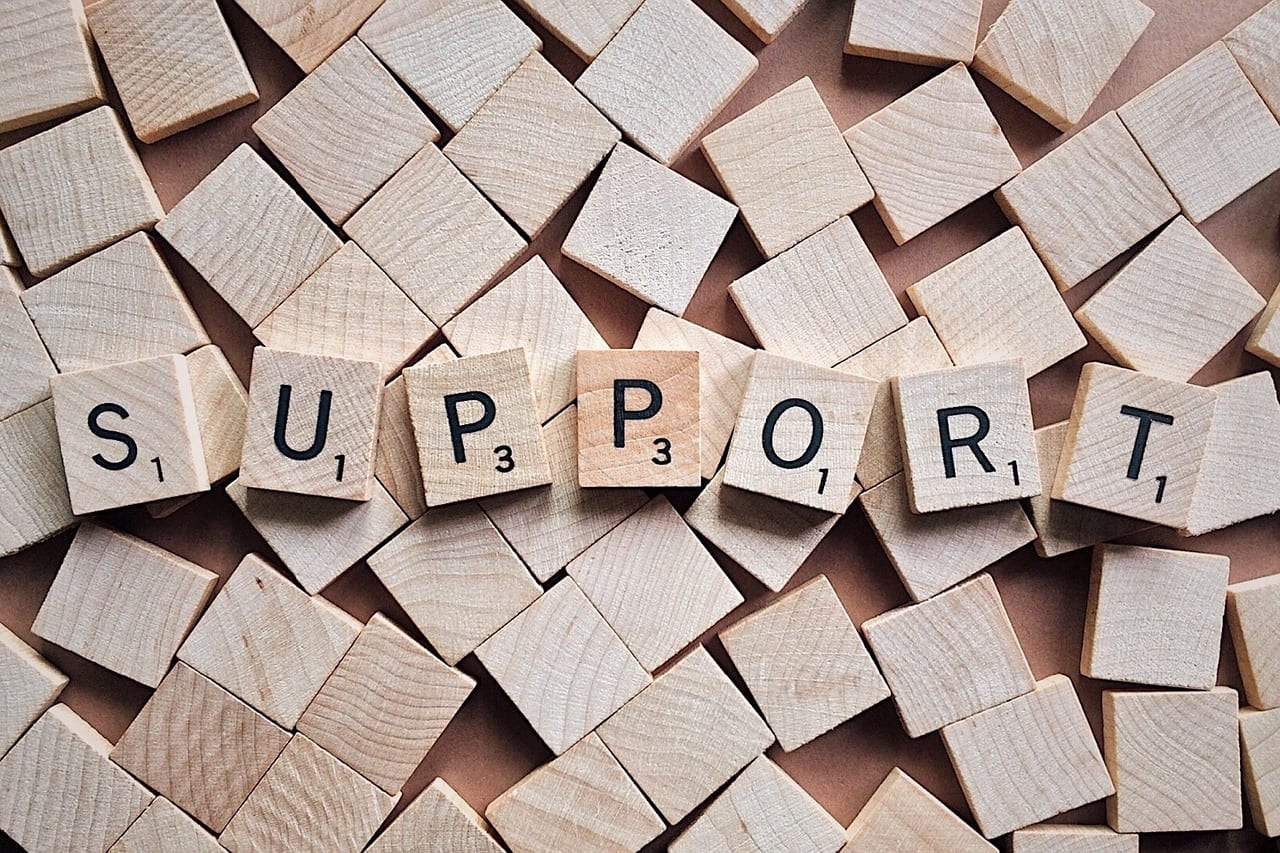
It’s more common than people think, and it can happen in what might feel like the blink of an eye. One minute you’re taking pain medication or other prescription medications as prescribed, and the next, you’re calling your doctor’s office desperately pleading-sometimes even bargaining-for a refill despite knowing it isn’t time for one. Prescription drug misuse can happen at any age, is portrayed in the media, and frequently affects athletes. People who struggle with prescription drug misuse might engage in drug-seeking behaviors such as lying to doctors about the severity of their pain and symptoms or establishing relationships with more than one doctor to secure multiple prescriptions faster to avoid being without prescription painkillers. Admitting there is a problem is the first step in the recovery process. In this article, we will explore prescription drug abuse and addiction to help you determine if this is something you or a loved one struggles with as well as provide helpful information on the ways to get the help you or your loved one needs and deserves.
Prescription Drugs
There are several different types of prescription drugs. Prescription drugs can be broken up into different categories, and subsequent to their mind-altering effects, they will produce different symptoms. Prescription drugs can be prescribed for pain management of physical and mental health conditions (ie, opioids) such as Oxycontin, Percocet, and Norco, anxiety and sleep management including Xanax, Valium, and Ambien, and used to treat attention-deficit/hyperactivity disorder and other sleep disorders, which include Ritalin, Adderall, and Concerta. Now that we know some examples of prescription medications and why they might be prescribed, let’s take a closer look at some of the potential symptoms that will arise if they’re abused.
Symptoms of Prescription Drug Abuse
As previously stated, prescription drug use, similar to any drug, can have mind-altering effects, so using them excessively can be harmful to the mind and body. Knowing the symptoms of prescription drug abuse is detrimental in getting the help that could prevent continued harm. Symptoms of prescription drug abuse include but are not limited to:
- Nausea
- Drowsiness
- Confusion
- Feelings of euphoria
- Slurred speech
- Difficulty concentrating
- Memory impairment
- Irregular heartbeat
- High blood pressure
- Increased Alertness
- High blood pressure
- Reduced appetite
- Insomnia
- Agitation
- Anxiety
- Paranoia
Signs of Prescription Drug Abuse
As already stated, prescription drug and alcohol abuse has been portrayed in the media. On the popular and well-known sitcom, “This is Us”, Kevin, an attractive and successful actor is prescribed pain relievers for pain management and quickly spirals out of control. Audiences across the world watched as Kevin began to take doses more frequently, was profusely sweating and pale as he paced his apartment and his anxiety increased, repeatedly called his doctor to request a refill despite being denied one, appeared distracted in the company of his family, and initially hid his behaviors and addiction from his loved ones. This heart-breaking episode of this popular show depicted an accurate portrayal of the signs of prescription drug misuse; however, there are other signs and symptoms of prescription drug abuse such as: stealing or forging signatures for scripts, mood swings and hostility, poor decision making, and presenting with increased energy or sedation. If you or someone you know has exhibited any of these signs following the use of prescription medications, now is a good time to seek professional help.
Who Is At Risk
Causes
Given the unpleasant prescription medication abuse symptoms and med-seeking behaviors that we just explored, you might be wondering why people are drawn to prescription medications and why addiction happens. People might turn to prescription medications for the following reasons:
- To increase their sense of happiness and pleasure
- To manage severe physical pain.
- To give them the energy they need to complete what otherwise feel like daunting tasks
- To help them relax
- To reduce their appetite for reasons such as disordered eating
- To be accepted by peers
- To improve concentration for work and academic-related tasks.
While the character described above was a fictional character, he portrays the fact that prescription drug addiction does not discriminate based on education, financial success, or family support. There are some individuals however that are more susceptible to prescription drug abuse and addiction.
People at Risk for Abusing Prescription Drugs
It is important to know that not everyone prescribed a medication becomes addicted and abuses it. Prescription abuse can be prevented by following the doctor’s recommendation when taking the prescription, but the following people are at a higher risk for prescription medication abuse and should consult a professional:
- People who have a past or current addiction to another substance
- People who have a history of addiction in their family
- People who struggle with eating disorders, body image issues, and low self-worth.
- People experiencing peer pressure
- People in environments where drugs are being used
- People struggling with mental illness such as depression and anxiety.
Healing with The Help of Apex Recovery
Apex Recovery is a boutique-style treatment facility located in the heart of San Diego. Apex Recovery fully understands that people are in different stages of their healing journey and therefore offers a variety of levels of care ranging from Detox, Residential, Intensive Outpatient (IOP), and Outpatient (OP) services. Through the use of a holistic mind, body, soul approach, Apex Recovery strives to create a comfortable and compassionate healing environment for people having a difficult time managing their daily lives without the help of substances. Along with prescription medications, the talented and knowledgeable staff are well trained and well-versed to help people move away from their dependency on substances ranging from alcohol to cocaine, and other stimulants or depressants. At Apex Recovery, the knowledgeable staff and licensed professionals believe that substance abuse is a symptom of something greater, and because of this, more than one approach is utilized. A patient entering treatment at Apex Recovery will be exposed to process groups to further explore the origin of their use and other relevant themes, skills groups to help expand their knowledge base of everyday life tasks, as well as meditation and mindfulness groups to promote stress relief and anxiety management. They will also be assigned personal therapists to help further explore cravings, triggers, family dynamics, self-esteem and participate in family and couple therapy if indicated to establish healthy boundaries, support, trust, and effective communication as Apex Recovery firmly believes a stable support system is a strong indicator for maintained sobriety. Along with a multitude of different groups and interpersonal therapy, clients who enter treatment at Apex Recovery are seen by a physician’s assistant to establish an effective routine of medications, are educated on healthy eating and fed nutritious meals, and are supported to the gym to maintain physical health. Apex Recovery is a program that works to help clients become healthy and stable cognitively, emotionally, and physically so that by the time the patient returns back to the home, they have the confidence and tools to face the high demands of life without the help of substances. If you or someone you know can relate to the signs, symptoms, and behaviors outlined in this article, it might be time to consider seeking professional help and treatment options. Please know that you can reach out to Apex without judgment and will be met with compassion and a warm welcome. The prescription drug addiction treatment team at Apex Recovery are aware of the level of difficulty that coincides with the chemical dependency of controlled substances and want you to feel as safe and comfortable as possible while you heal. Know that a bright, happy future is possible. Reach out to us today and allow us to be a part of your healing journey.













